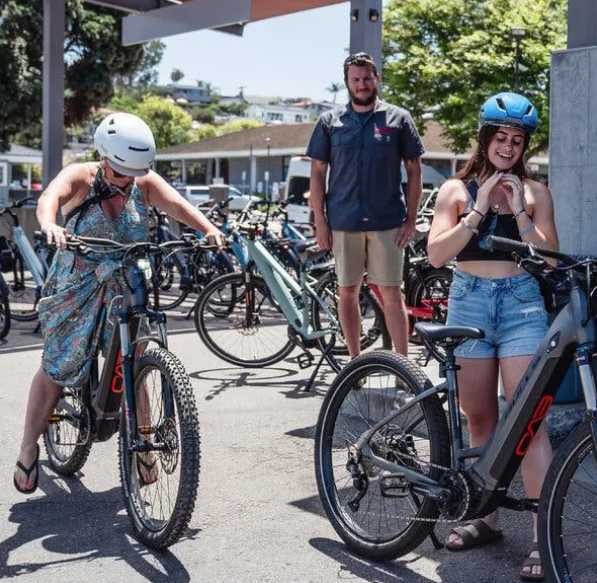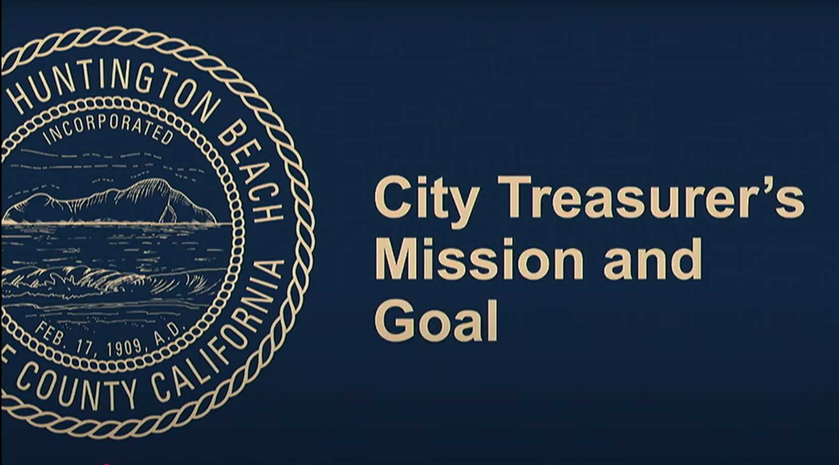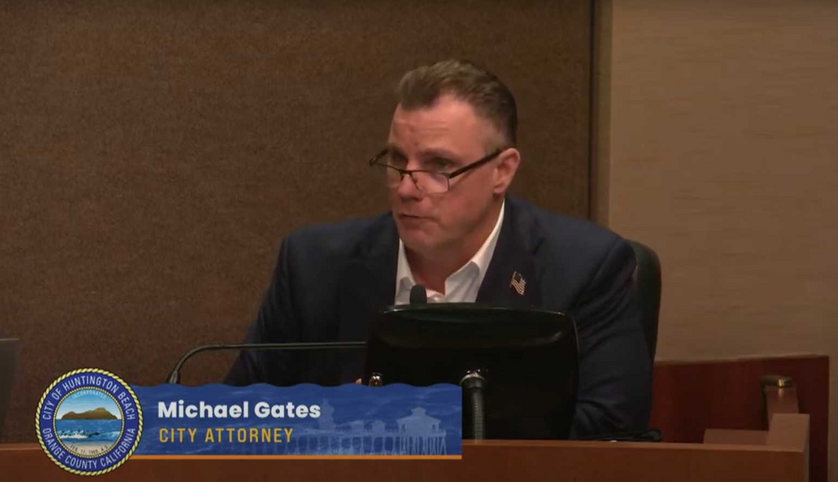The proliferation of electric bicycles, or e-bikes, has presented both opportunities and challenges for communities across the nation. Offering an eco-friendly and efficient mode of transportation, e-bikes have gained significant popularity. However, this surge in usage has also raised concerns regarding safety, regulation, and enforcement, prompting local governments to take action. The city of Huntington Beach, California, as evidenced by discussions during a recent City Council meeting, serves as a compelling case study in how municipalities are grappling with the increasing presence of e-bikes within their jurisdictions.
Recognizing the growing prevalence and potential issues associated with e-bikes, the Huntington Beach City Council initiated a proactive approach. On September 5th, 2023, Council Member McKean brought forth an "H item" to discuss the feasibility of numerous action items related to e-bikes. This motion signaled the city's intent to thoroughly examine and address the various facets of e-bike usage within the community, encompassing safety, legal frameworks, infrastructure, education, and accountability measures.
In response to this directive, City staff undertook a comprehensive effort to mitigate potential risks and promote responsible e-bike usage. Key initiatives included the development of a safety video, which featured an introduction by the then Mayor Strickland and participation from the private sector. This video was made available on the city's website and distributed to local bike leasing businesses. Furthermore, the City Council adopted a new Municipal Code specifically addressing e-bikes, which has since been successfully implemented. Collaborating with schools, the city established an e-bike program requiring students at all junior high and high schools to complete a safety class before being allowed to park their bikes on school property.
Beyond these initial steps, Huntington Beach has actively engaged in community outreach through various channels, including public safety announcements on social media, targeted enforcement efforts at known e-bike gathering locations, and educational presentations at events like the Citizens Academy and street fairs. The city has also distributed flyers detailing e-bike laws through water billing and school districts. Recognizing the need for broader legislative solutions, Huntington Beach is working with Representative Dixon's office to explore potential statewide legislation for e-bikes.
Enforcement has been a significant component of Huntington Beach's strategy. The city has treated illegally modified e-bikes, such as surrons and talarias, as e-motorcycles, leading to impounding and associated storage fees for offenders. Targeted enforcement operations, sometimes involving undercover personnel, traffic officers on motorcycles, and even a helicopter, have been conducted at locations prone to large e-bike ride-outs, such as the Sea Cliff shopping center near Huntington Beach High School. These efforts have resulted in citations and the impounding of e-motorcycles, with at least one juvenile being booked on a felony charge for evading officers with willful disregard for public safety.
Data collected by the Huntington Beach Police Department in 2024 revealed 146 e-bike collisions, representing approximately 56% of all bicycle-related collisions. While this indicates a rise from 2023, possibly due to the increasing number of e-bikes, the primary collision factors in both years were riding against traffic, unsafe speed, and unsafe turning movements. Interestingly, collision involvement was highest among those under 18 and over 50 years old, with the latter often attributed to inexperience or discomfort with riding. The Fire Department's statistics mirrored this trend, with 40% of their e-bike related calls involving individuals under 18 and 28% involving those over 50.
The community response to e-bikes in Huntington Beach has been varied. Residents have voiced concerns about safety, particularly regarding young riders operating recklessly and the dangers posed by e-bikes with no lights at night. The City Council has acknowledged these concerns and emphasized the importance of obeying traffic laws and riding safely. The proactive measures undertaken by the city, including increased enforcement and educational initiatives, reflect an understanding of the community's anxieties surrounding e-bike usage.
In conclusion, Huntington Beach's experience with e-bikes underscores the multifaceted approach required to manage this evolving mode of transportation. By implementing safety programs, updating municipal codes, conducting targeted enforcement, and pursuing legislative solutions, the city is actively working to balance the benefits of e-bikes with the need to ensure public safety and address community concerns. The ongoing data collection and analysis of e-bike collisions will further inform the city's strategies as it continues to adapt to the changing landscape of personal mobility.
















